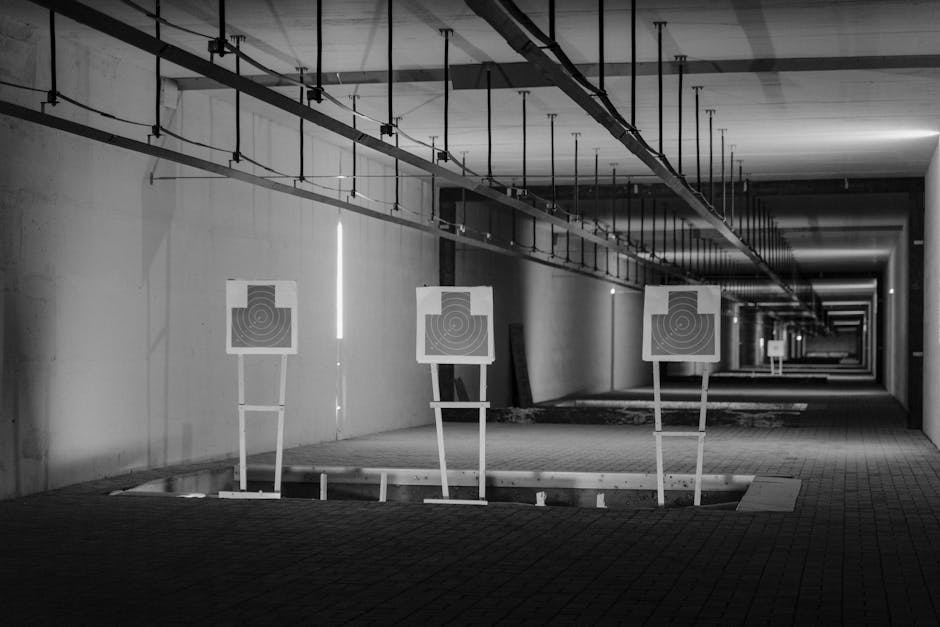HVAC Troubleshooting: Tips for Every Season
Did you know that nearly 90% of HVAC issues can be traced back to poor maintenance? Keeping your heating and cooling system in top shape is essential for comfort and efficiency. In this article, we’ll share tips for troubleshooting your HVAC system throughout the year. Whether it’s summer heat or winter chill, we’ve got you covered!
How Can I Prepare for Seasonal Changes?

Seasons change, and so do the demands on your HVAC system. Preparing for these changes can save you time, money, and discomfort. Start by scheduling regular maintenance checks. This will keep your system running smoothly.
Consider these seasonal strategies:
- Change air filters every 1-3 months.
- Inspect your thermostat settings.
- Clear outdoor units of debris.
These simple steps can improve efficiency and prolong the lifespan of your system.
What Should I Do If My HVAC System Isn’t Cooling?

Stuck in the heat? If your HVAC system isn’t cooling your home, don’t panic. Start with a few easy checks.
Heres what you can do:
- Check the thermostat: Make sure it’s set to “cool” and that the temperature is lower than the current room temperature.
- Inspect air filters: Clogged filters restrict airflow. Replace them if they look dirty.
- Examine the outdoor unit: Ensure it’s free from leaves, dirt, or anything that could obstruct airflow.
If these tips don’t help, it might be time to call a professional. They can check for leaks or refrigerant issues.
Why Is My Heater Blowing Cold Air?

Winter’s here, and your heater is blowing cold air. What gives? This common issue can happen for several reasons.
Start by checking:
- Thermostat settings: Make sure it’s set to “heat.”
- Air filters: Like in summer, dirty filters can cause problems.
- Pilot light or circuit breaker: If your heater runs on gas, check if the pilot light is on. For electric systems, ensure the breaker hasn’t tripped.
These checks are often easy fixes. If the problem persists, reach out to an HVAC professional.
How Can I Improve Indoor Air Quality?

Good indoor air quality is essential for your health. Poor air can cause allergies and respiratory issues. Here are a few ways to improve it:
Consider these tips:
- Use high-efficiency air filters.
- Ventilate your home by opening windows when possible.
- Invest in an air purifier for added protection.
Simple changes can make a big difference.
What Should I Do If I Hear Strange Noises?
Is your HVAC system making a racket? Strange noises can signal a problem. Heres a quick guide to what these sounds might mean:
- Banging: This could indicate loose parts.
- Hissing: Often a sign of a refrigerant leak.
- Buzzing: This might indicate electrical issues or a malfunctioning fan.
These sounds are not normal. If you hear anything unusual, it’s best to call a technician for an inspection.
When Should I Consider Upgrading My HVAC System?
Sometimes, repairs just aren’t worth it. If your HVAC system is over 15 years old and frequently breaks down, it may be time for an upgrade.
Here are some signs it’s time to replace your system:
- High energy bills: If your costs keep rising, your system may be inefficient.
- Frequent repairs: If you’re calling for repairs multiple times a year, consider a new system.
- Uneven temperatures: If some rooms are hot while others are cold, your system may be struggling.
Investing in a new system can save you money in the long run and improve comfort.
How Can I Save Energy with My HVAC System?
Want to lower your energy bills? A few simple changes can make a big impact on your HVAC efficiency.
Try these energy-saving tips:
- Use a programmable thermostat to adjust temperatures when you’re away.
- Seal any gaps or leaks in your home to keep conditioned air inside.
- Schedule regular maintenance to ensure efficiency.
Every bit counts. Making these adjustments can lead to significant savings.
What Are Some Common HVAC Myths?
don’t fall for common HVAC myths! Here are a few misconceptions that could lead to unnecessary stress and expense:
- Myth: Closing vents in unused rooms saves energy.
Fact: This can actually make your system work harder. - Myth: Bigger is always better.
Fact: An oversized system can lead to inefficient operation. - Myth: Regular maintenance isn’t necessary.
Fact: Maintenance can prevent costly repairs.
Understanding the truth can help you make better decisions for your home.
What Are the Benefits of Professional Maintenance?
Wondering if professional maintenance is worth it? Absolutely! Routine check-ups can keep your HVAC system running smoothly.
Benefits of professional maintenance include:
- Extended lifespan of your system.
- Improved efficiency and lower energy costs.
- Fewer repairs and breakdowns.
Investing in regular maintenance is like giving your HVAC system a health check. It pays off over time!
Conclusion: What Should I Take Away?
HVAC troubleshooting doesn’t have to be overwhelming. By following these tips, you can tackle common issues and keep your system running smoothly. Remember to:
- Perform regular maintenance.
- Stay aware of your system’s performance.
- don’t hesitate to call a professional when needed.
For more detailed HVAC insights, check out this Energy Saver guide. Stay informed and ensure your home remains comfortable year-round!



